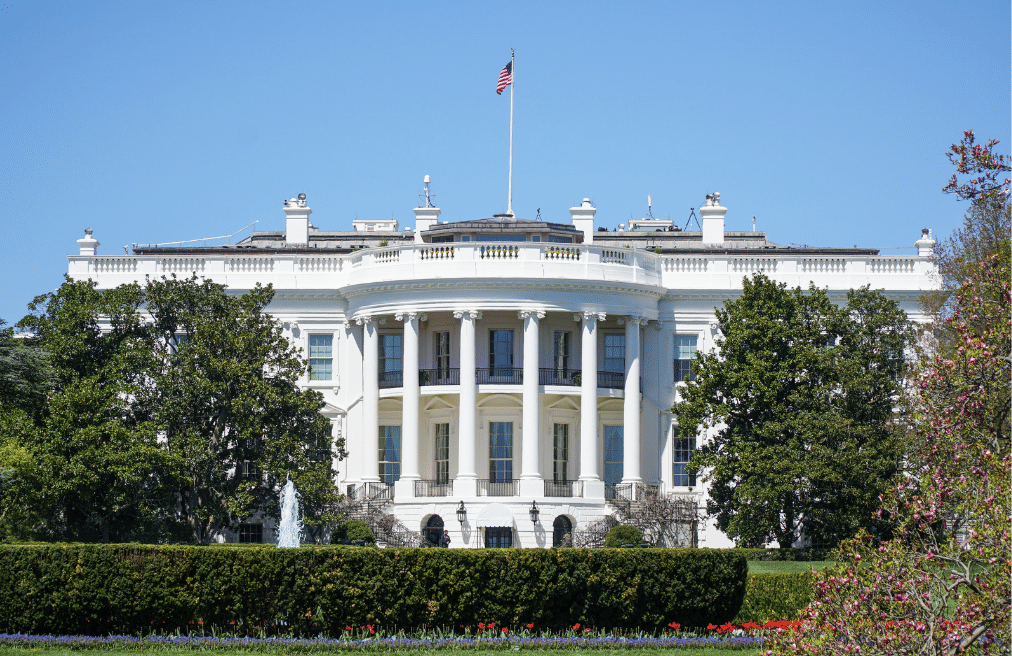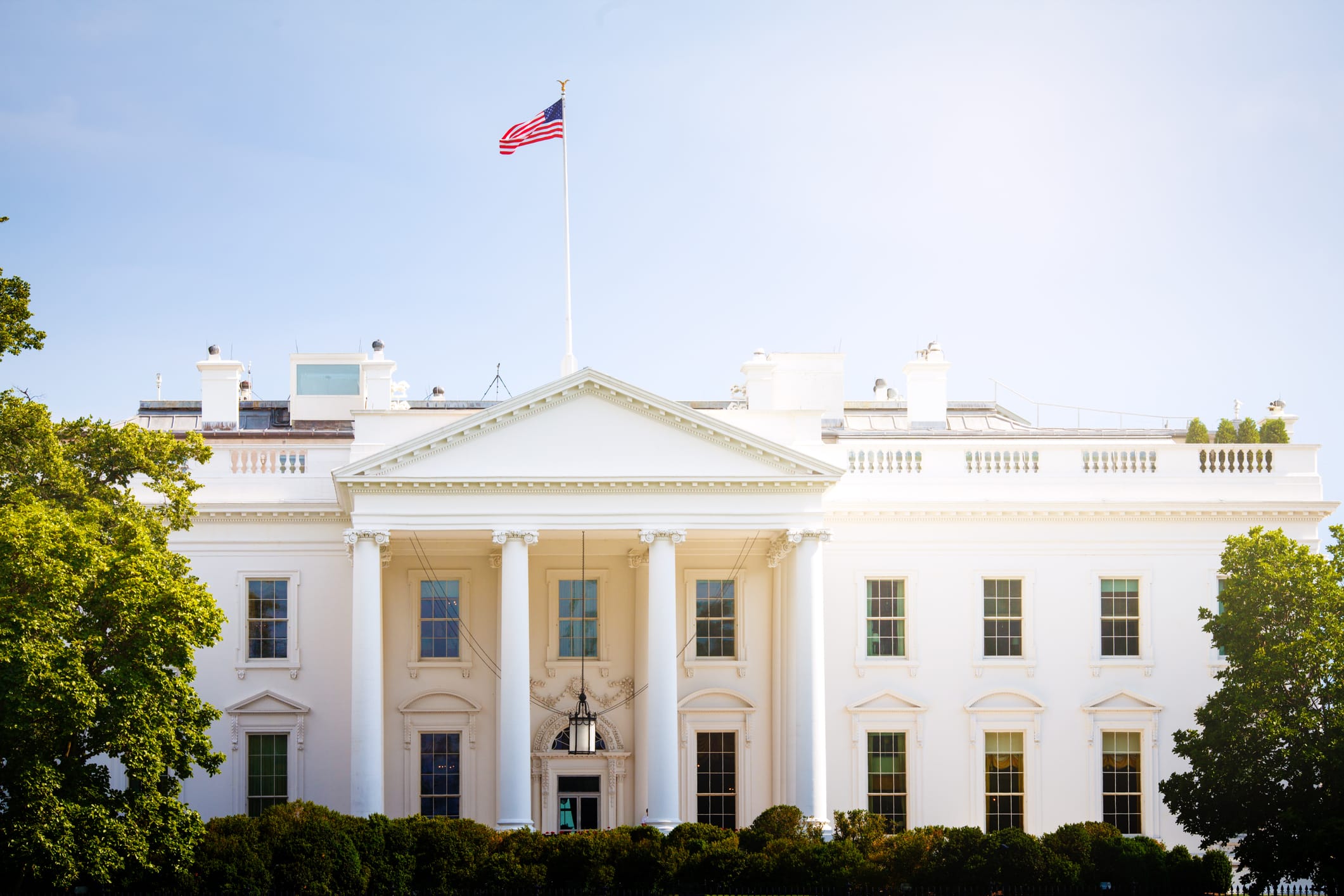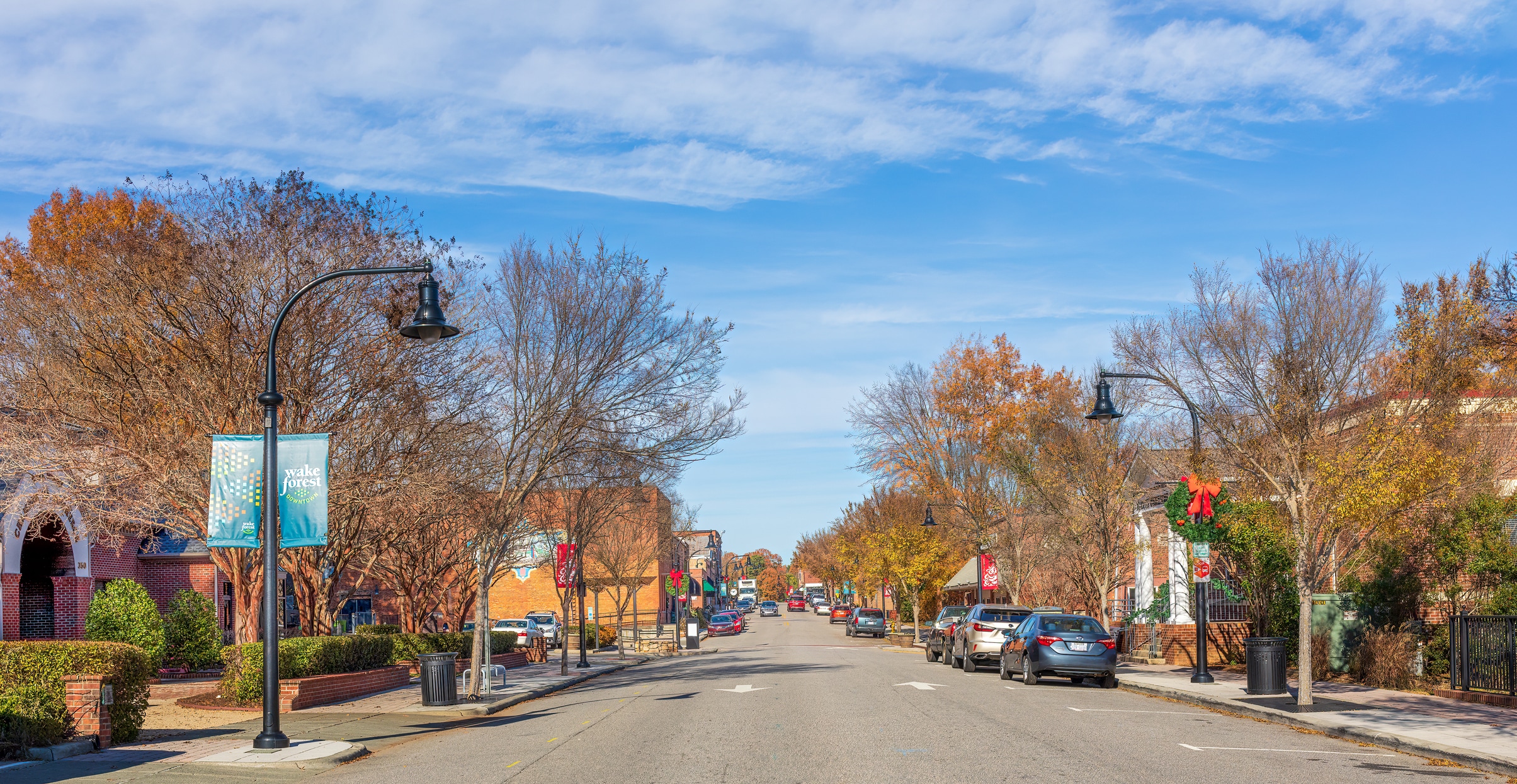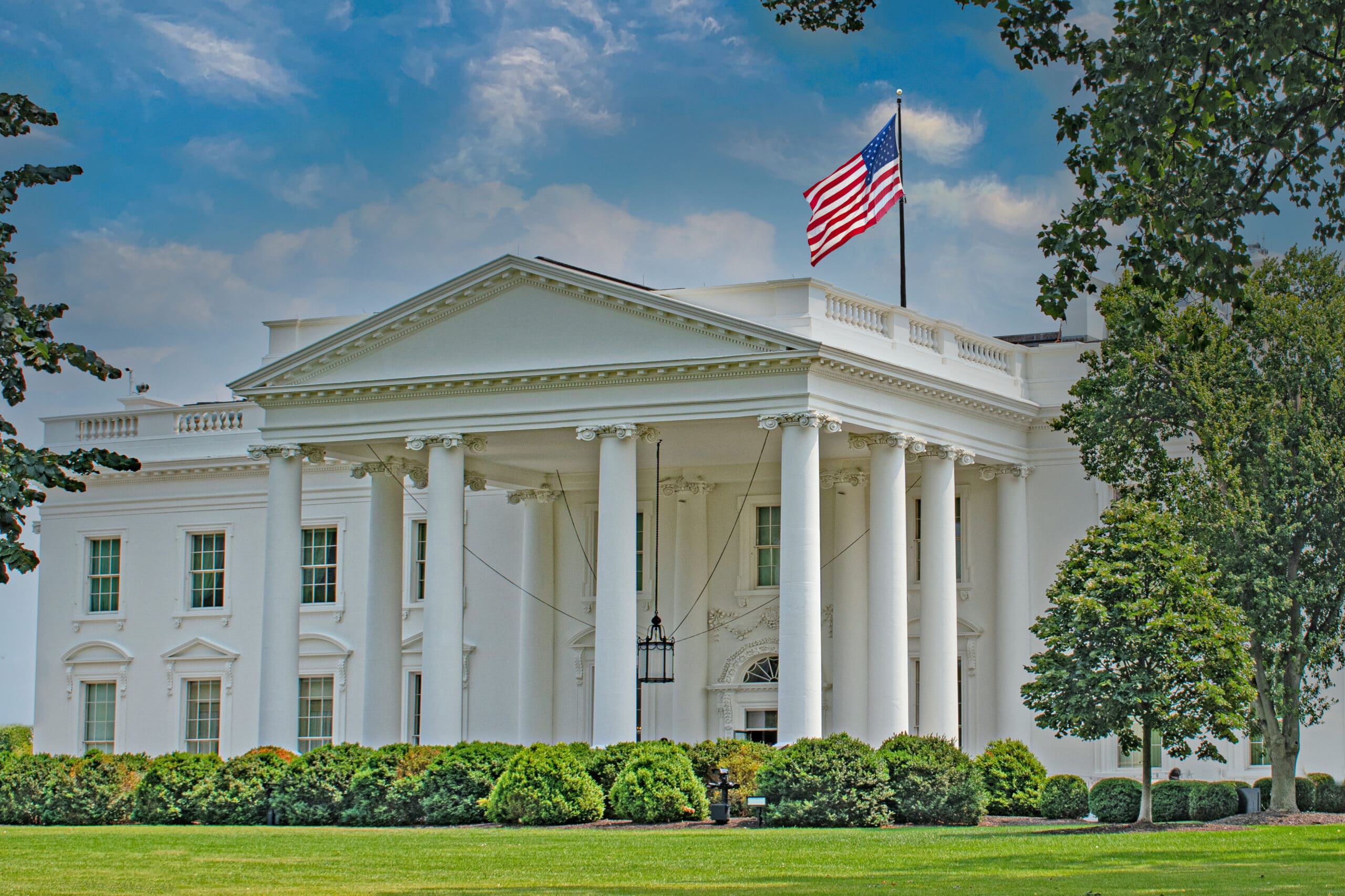Biden’s Base of Young Voters, Women Significantly Lower than November 2022
A new Emerson College Polling national survey of registered voters finds former President Donald Trump with a four-point lead over President Biden in a hypothetical 2024 matchup, 47% to 43%, within the poll’s margin of error. Ten percent are undecided. Since last month, Trump’s support has held at 47% while Biden’s support has decreased from 45% to 43%. With third-party and independent candidates Robert Kennedy Jr., Cornel West, and Jill Stein added to the ballot, Trump’s support decreases five points to 42%, Biden decreases seven points to 36%, while 7% support Kennedy, 1% West and Stein respectively. The share of undecided voters increases three points to 13%.
Spencer Kimball, Executive Director of Emerson College Polling, compared Trump’s standing in this national poll to this time last year: “Last November, Biden led Trump by four points, whereas this November, he trails Trump by four. Several key groups have shifted in the past year: Biden led at this time last year among women by seven points, which has reduced to a point this year..”
Other notable shifts in a comparison of this poll and last year’s national poll include:
- From +61 among Black/African American voters in 2022, to +47 in 2023 (a 15-point net shift)
- From +14 among Hispanic/Latino voters to +3 (11-point shift)
- From +12 among voters under 50 to -1 (13-point shift)
- From +18 among four-year college graduates to +2 (16-point shift)
A majority of voters (64%) are very (35%) or somewhat (29%) excited about the upcoming presidential election. Thirty-six percent are not excited: 21% not too excited and 15% not at all excited. Excitement varies by candidate support: 46% of Trump voters say they are very excited about the upcoming election compared to 29% of Biden voters.
- Only 26% of voters under 30 are ‘very excited’ about next year’s presidential election. There is a similar trend among minority voters — 31% of Hispanic voters, 29% of Black voters, and 20% of Asian voters are ‘very excited,’ compared to 39% of white voters.
In a general election matchup between Nikki Haley and Joe Biden, the candidates are tied with 38% apiece. A quarter of voters (25%) are undecided.
President Biden holds a 38% job approval rating among voters, while half (50%) disapprove of the job he is doing in the oval office. A plurality of voters (37%) rate Biden’s handling of the situation in Israel as “poor,” while 28% rate it as “fair,” 24% as “good, and 11% as “excellent.”
“The president’s disapproval has stayed the same this month, while his approval has dropped four points,” Kimball said. “The president’s approval is the lowest it has been this calendar year, but similar to what it was this time last year when his approval was at 39%.”
In the Democratic Primary, 66% of Democrats plan to support President Biden, 5% Marianne Williamson, and 2% Dean Phillips. Twenty-seven percent are undecided.
In the Republican Primary, former President Trump leads at 64%, a five-point increase since last month, followed by former U.N. Ambassador Nikki Haley (9%), Florida Governor Ron DeSantis (8%), entrepreneur Vivek Ramaswamy (5%), and former New Jersey Governor Chris Christie (3%). Ten percent are undecided.
On the generic congressional 2024 ballot, 44% plan to vote for the Republican candidate while 43% plan to support the Democratic candidate.
Heading into Thanksgiving, 80% of voters plan to celebrate the holiday at home or close to home, while 20% plan to travel for the holiday. Thinking of voters’ whole and extended family, 23% have had their family holiday gathering ruined because of disagreements over politics, while 78% have not experienced this. Of those who plan to travel this Thanksgiving, 43% say they have had a holiday ruined, compared to 17% of those who plan to stay close to home this holiday.
Regarding spending this holiday season, a majority of voters (52%) plan to spend about the same amount as last year on gifts, while 34% plan to spend less, and 14% plan to spend more.
- Democrats are most likely to report spending more at 19%, compared to 11% of independents and 12% of Republicans. Conversely, 40% of independent voters and 37% of Republicans expect to spend less, compared to 25% of Democrats.
- Younger voters are the most likely age group to anticipate spending more this holiday season compared to last year, with 32% of voters under 30 saying they expect to spend more. Expected spending appears to decrease with age; 20% of 30 to 39-year-olds anticipate spending more, as do 15% of 40 to 49-year-olds, 8% of 50 to 59-year-olds, and just 6% of voters over 60.
When asked what the most important issue facing the United States is, 39% say the economy, 13% immigration, 12% “threats to democracy,” 10% healthcare, 8% crime, 5% abortion access, and 5% education.
METHODOLOGY
The Emerson College Polling national survey was conducted November 17-20, 2023. The sample of registered voters, n=1,475, has a credibility interval, similar to a poll’s margin of error (MOE), of +/- 2.5 percentage points. The data sets were weighted by gender, education, race, age, party affiliation, and region based on 2024 registration modeling. Turnout modeling is based on U.S. Census parameters, and voter registration data.
It is important to remember that subsets based on demographics, such as gender, age, education, and race/ethnicity, carry with them higher credibility intervals, as the sample size is reduced. Survey results should be understood within the poll’s range of scores, and understand with a confidence interval of 95% a poll will fall outside the range of scores 1 in 20 times.
Data was collected by contacting an Interactive Voice Response (IVR) system of landlines and an online panel of voters.
All questions asked in this survey with exact wording, along with full results, demographics, and cross tabulations can be found under “Full Results.” This survey was funded by Emerson College.
###







